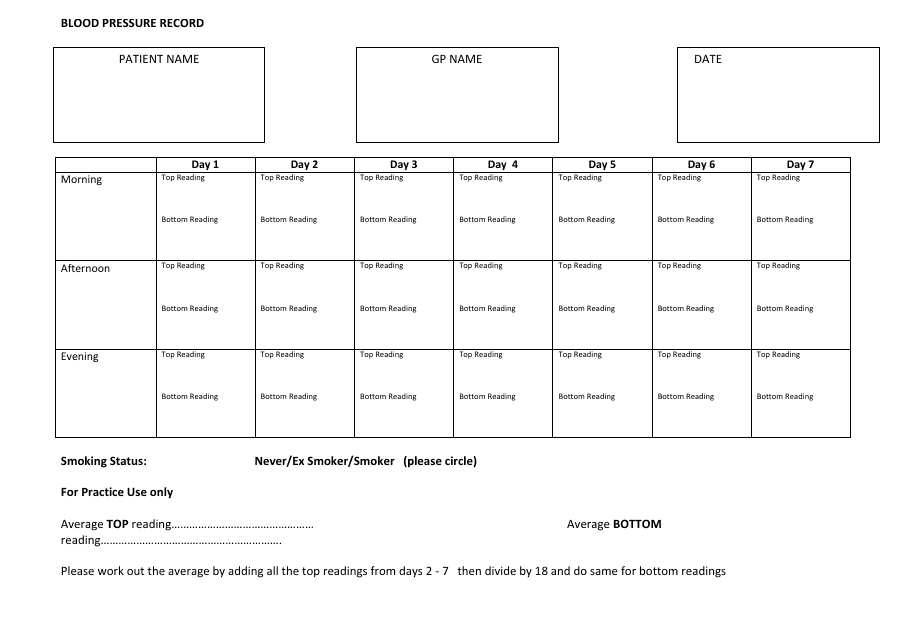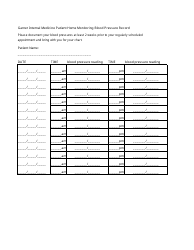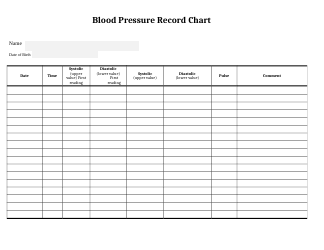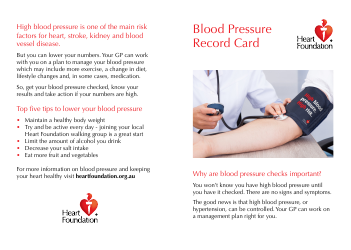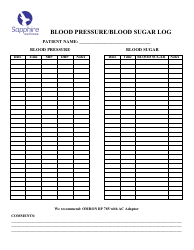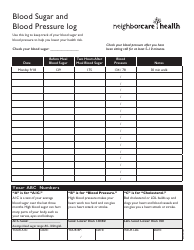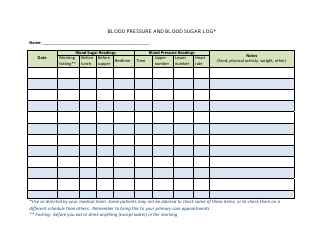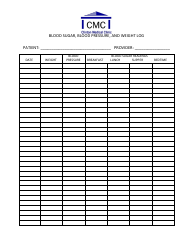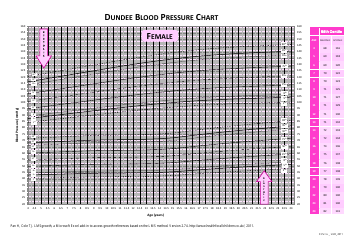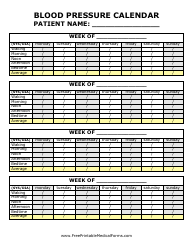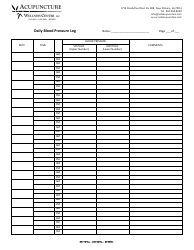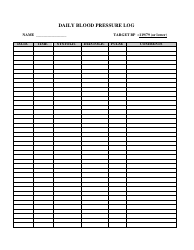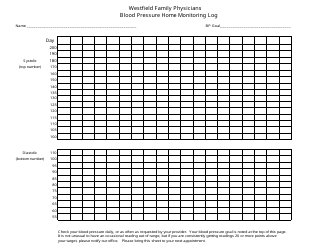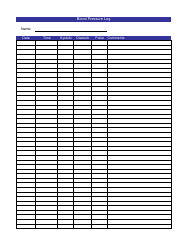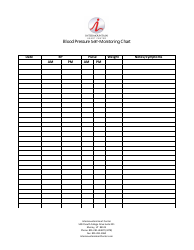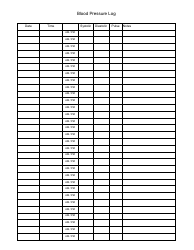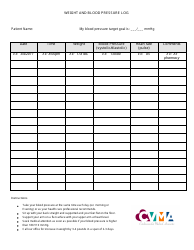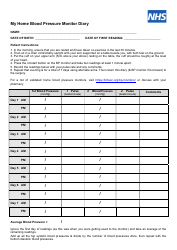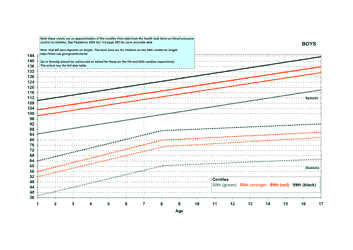Blood Pressure Record
A Blood Pressure Record, also known as a Blood Pressure Log, is a document used to track and monitor an individual's blood pressure readings over a period of time. This is crucial as it helps healthcare professionals understand how your blood pressure changes throughout the day, enabling them to diagnose conditions such as hypertension, or high blood pressure, more accurately. It can also be used to assess the effectiveness of blood pressure medications or lifestyle changes intended to lower or maintain healthy blood pressure levels. Regular monitoring and recording of blood pressure can aid early detection of potential health issues, thus improving overall cardiovascular health.
The blood pressure record is typically filed by healthcare professionals such as nurses, doctors, or medical assistants. This is done during a patient's visit to a healthcare facility such as a hospital, clinic, or doctor's office. The record is then part of a patient's medical file. In some cases, patients who need to monitor their blood pressure regularly, like those suffering from hypertension, may also maintain a personal record at home, which they can share with their healthcare provider.
FAQ
Q: What is a blood pressure record?
A: A blood pressure record is a documented history of an individual's blood pressure readings over a certain period, commonly used to monitor an individual's health status.
Q: Why is it important to maintain a blood pressure record?
A: Keeping a record of blood pressure measurements helps healthcare providers assess the effectiveness of high blood pressure medications and make necessary adjustments or recommendations.
Q: How often should one record their blood pressure?
A: The frequency of recording blood pressure depends on an individual's health status. Usually, for a stable, healthy person, it might be checked a few times a year during regular check-ups. However, for someone with high blood pressure or heart-related issues, it could be daily or multiple times a day.
Q: How to maintain a blood pressure record at home?
A: You can maintain a blood pressure record at home by using a home blood pressure monitor. Note down the readings twice a day, once in the morning and once at night.
Q: Which countries have the highest rate of high blood pressure?
A: As per World Health Organization, countries like Slovenia, Lithuania, and Hungary have the highest rate of elevated blood pressure.
Q: What are the normal ranges for blood pressure?
A: For most adults in the U.S., a healthy blood pressure is usually less than 120/80 mm Hg.
Q: What are the consequences of high blood pressure?
A: Uncontrolled high blood pressure can lead to serious health issues like heart disease, stroke, kidney damage, and even early death.
Q: Can a blood pressure record help in predicting any diseases?
A: Yes, a consistent record of high or low blood pressure may alert doctors to conditions such as hypertension, heart disease, or hypotension.
